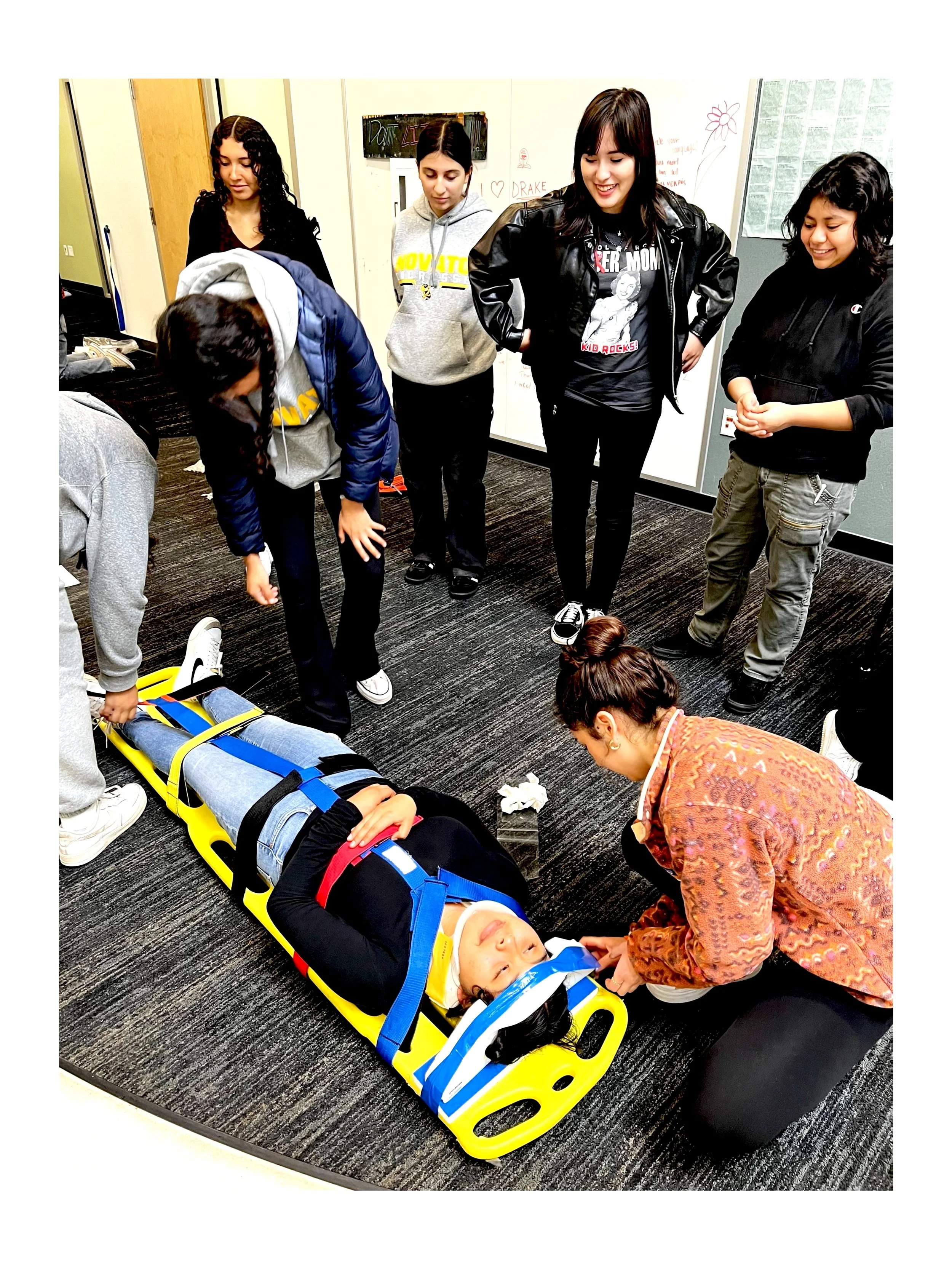Intrigue: the Breath of Logos
Logos means the Word of Truth. Experienced educators know concisely how to articulate Logos in a coherent fashion. A talented teacher can sing Logos, so education becomes enjoyable, even irresistible. When educating the young, sometimes profanity is an unforgettable “hook.” After all, everyone loves a scintillating song.
Medicine has traditionally flirted with the macabre. Devotees committed lurid deeds in order to gain insight. Grave robbing, illegal dissections of decomposing corpses, and mild cannibalism were common practices that went on behind locked doors of austerity. To share those stories with students is the key to unlocking and retaining the insights found beyond the threshold.
Surgeons argued over a condemned criminal’s body minutes before their hanging, sometimes while the legs still kicked their final jig. Grave robbers were paid to sneak into cemeteries after nightfall, exhume, and, by horse and carriage, race to the physician’s laboratory for nocturnal autopsies. There was a band known as the "Minute Men" who could strip, shuck jewelry and rush a corpse to a morgue-cum-lecture hall in less than ten minutes. Trinkets and clothing needed to be stripped off because, while body-snatching was punishable by a monetary fine, stealing belongings was punishable by imprisonment, even by death.
Long after advanced putrefaction, bodies were examined. Daubing menthol ointment under the nose allowed younger doctors to manage the smells of decomposition, until the time they acclimated to the effluvience. Taste was sometimes employed for a diagnosis.
Diabetes occurs when the body retains sugar due to an inability to metabolize it. The term is derived from the Latin—Diabetes Mellitus—meaning"sweetness running through [the body]." The surplus of sugar in the blood and urine was so abundant that a doctor could diagnose Diabetes by tasting the patient’s urine for sweetness (Note: some of the more intellectual doctors realized they needn't taste the urine; rather, they would leave a few drops beside an anthill and watch the colony’s reaction).
Surgeon John Hunter ( Robert. L. Stevenson’s inspiration for Dr. Jekyll and Mr. Hyde) would taste bodily secretions, recounting to pupils the tastes of healthy and unhealthy body humors.
“[G]astric juices were ‘a little saltish or brackish’ and semen was a "mawkish kind of substance; but when held some time in the mouth, it produces a warmth similar to spices’. No one knew more about the human body than John Hunter.” º
Stories like these capture the students’ attention. A captivated mind is more inclined to listen, and a raunchy tale is one hard to forget. The bizarrely unforgettable tale becomes knowledge that sticks in your craw, remembered for the classroom and for wild conversation, although probably saved for a second or third date.
ºExcerpt from Wendy Smith’s, The Knife Man, p.482
